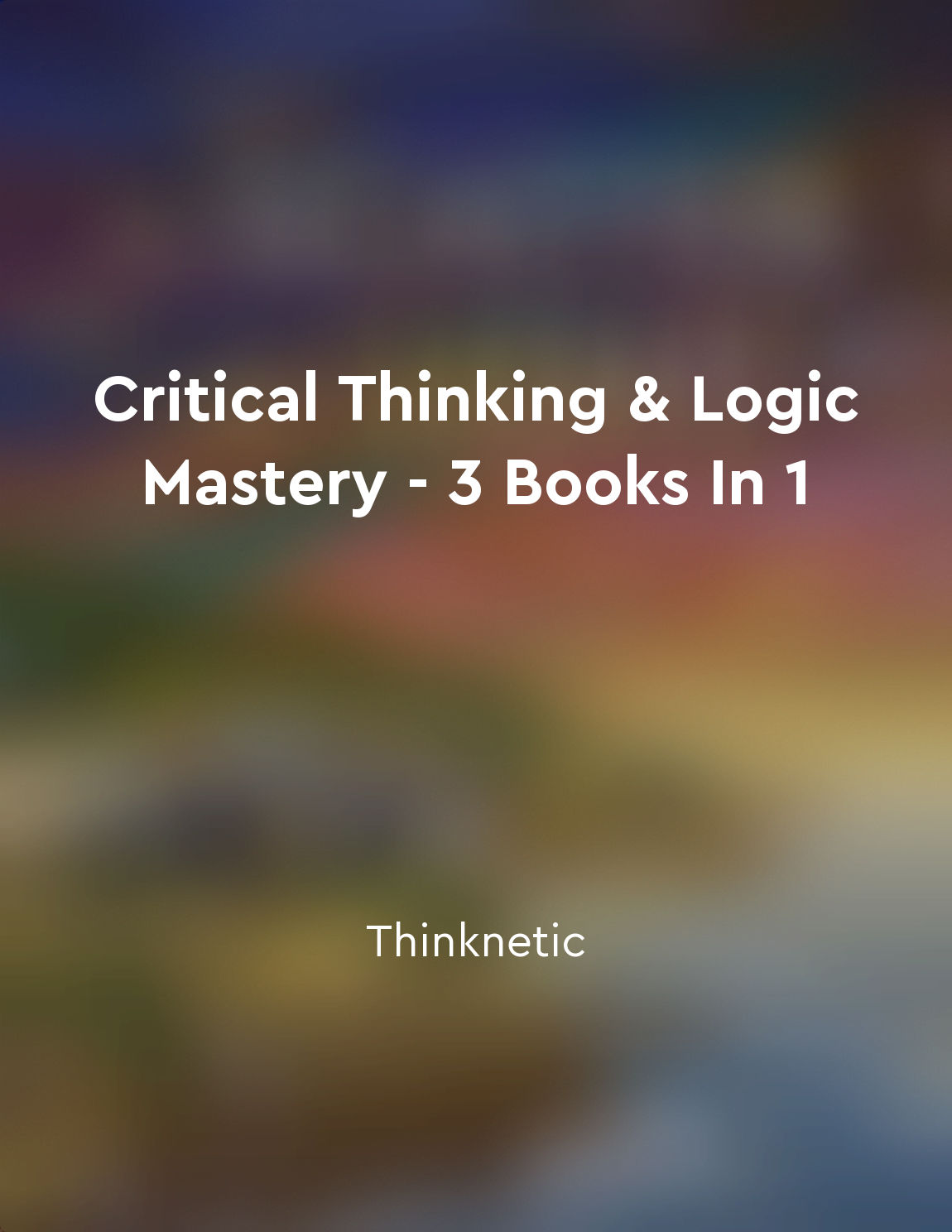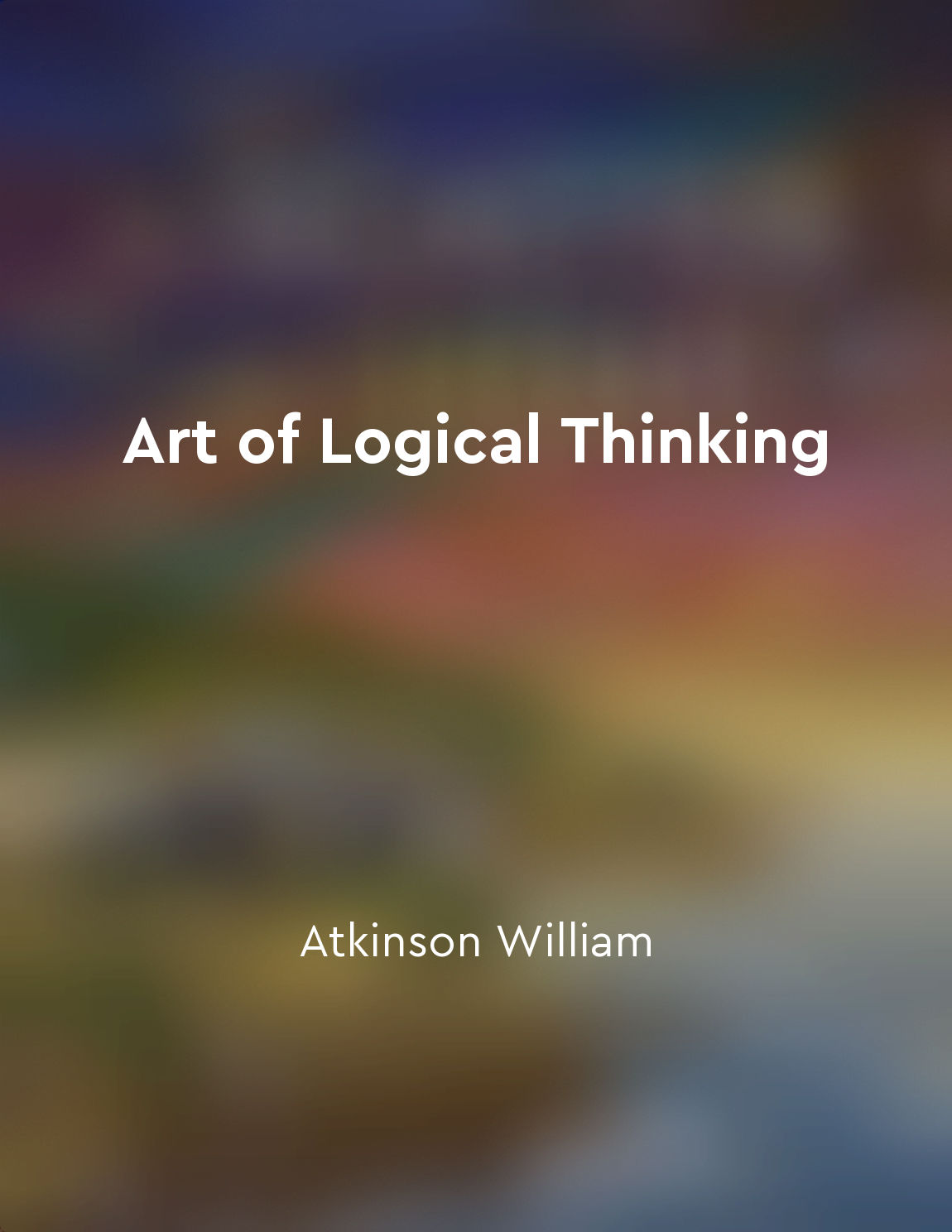Audio available in app
Embrace intellectual humility from "summary" of Win Every Argument by Mehdi Hasan
To truly excel in argumentation, one must be willing to acknowledge the limits of their own knowledge and understanding. This is where intellectual humility comes into play. It is the recognition that none of us have a monopoly on truth, and that we can always benefit from listening to and learning from others. Without intellectual humility, we run the risk of becoming closed-minded and dogmatic in our beliefs, which can hinder our ability to engage in productive and meaningful discussions. Embracing intellectual humility requires a willingness to set aside our ego and admit when we are wrong or when we don't have all the answers. It means being open to new ideas, perspectives, and information, even if they challenge our existing beliefs. This can be a difficult pill to swallow for some, as it requires us to confront our own cognitive biases and be comfortable with uncertainty. One of the key benefits of intellectual humility is that it allows us to approach arguments with a sense of curiosity and a willingness to learn. Instead of viewing disagreements as personal attacks or challenges to our intelligence, we can see them as opportunities for growth and self-improvement. By adopting this mindset, we can engage in more constructive and respectful debates, where the goal is not to "win" at all costs, but to arrive at a deeper understanding of the issue at hand. Furthermore, intellectual humility fosters a sense of intellectual honesty, as we are more likely to admit when we are unsure or mistaken about something. This can lead to more fruitful and meaningful discussions, where both parties are willing to engage in a genuine exchange of ideas, rather than simply trying to score points or prove their superiority.- Embracing intellectual humility is essential for anyone looking to excel in argumentation. By acknowledging our own limitations and being open to new ideas, perspectives, and information, we can engage in more productive and meaningful discussions that ultimately lead to greater understanding and insight. So, the next time you find yourself in a heated debate, remember to check your ego at the door and approach the discussion with an open mind and a willingness to learn.
Similar Posts

Great leaders serve others
The essence of leadership lies not in the power one holds, but in the service one provides to others. True leaders understand t...
Seeking to understand the true nature of the Self
The true nature of the Self is a profound mystery that has puzzled humanity for centuries. It is a quest that has driven indivi...

Connection between personal and political identity
Barack Obama explores the intricate relationship between personal and political identity throughout his memoir, "Dreams from My...

Embrace virtue and wisdom
Let your guiding principle be not to embrace virtue and wisdom only in words but in your actions. Display them in every aspect ...
Remember, it's not rocket science it's about consistent effort and dedication
The key to success in any endeavor is not some elusive, mysterious formula that only a select few can grasp. It's not about pos...

I reflected on my life and accomplishments with gratitude
As I sat down to contemplate the events of my life, I couldn't help but feel a sense of overwhelming gratitude. Looking back at...
Surround yourself with intellectually stimulating content
Immerse yourself in a world of knowledge and learning by curating your environment with intellectually stimulating content. Fil...

Encouraging open dialogue promotes understanding
The concept of encouraging open dialogue is crucial in promoting understanding among individuals. When people engage in open an...

Logic helps in analyzing and evaluating arguments
Logic plays a crucial role in the process of critically analyzing and evaluating arguments. By utilizing logical reasoning, we ...

Valid arguments follow logical rules
To understand the concept that valid arguments follow logical rules, we must first grasp the fundamental principles of logic. L...

